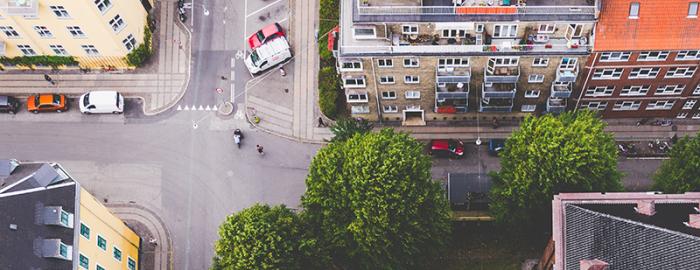Most Common Site of Theft
When you travel, be especially alert to one of the most common sites of laptop and smartphone theft: airports. Such thefts are epidemic in airport restaurants and waiting areas. Thieves are also known to target airport security checkpoints; they take advantage of the fact that unwary travelers can easily lose track of where their belongings are during the course of luggage and personal scans.
Storing Your Laptop on a Flight
Do not place your laptop in the overhead compartment of an airplane. Not only will it get tossed about, it will present an unnecessary temptation to the light-fingered. It could also easily fall on someone’s head when the compartment is opened. Also, do not store your laptop in your checked luggage, as it may take hard knocks that could severely damage your machine. Instead, keep your laptop under the seat in front of you, where it can be seen at all times.
Storing Your Laptop in Your Hotel or Apartment
There have also been incidents where students were victims of laptop theft in their hotels and apartments. When not mobile with your laptop, it’s a good idea to keep it locked to your desk using a laptop cable lock or secured in a hotel room safe, if available. You should also consider carrying the cable lock with you in case you need it at school or in an internet café.
Precautions to Take Now
All laptops and smartphones should be secured with a password/passcode, if possible. You’ll get used to the extra security precaution, and you’ll be happy that you kept your data behind a password in the event that your device is ever stolen.
Always keep a backup copy of your files separate from your laptop. It hurts to lose a laptop, but it hurts even more to lose all of your digital photos and school files because you didn’t back them up.
Bottom line: You need to guard your laptop and phone as closely as you guard your wallet.







